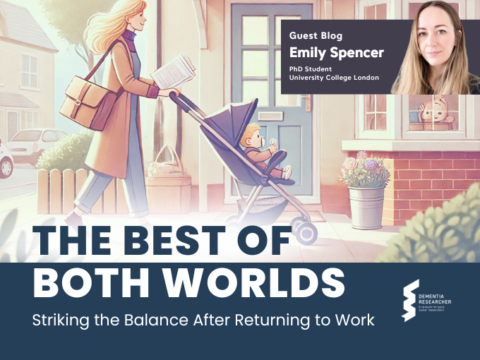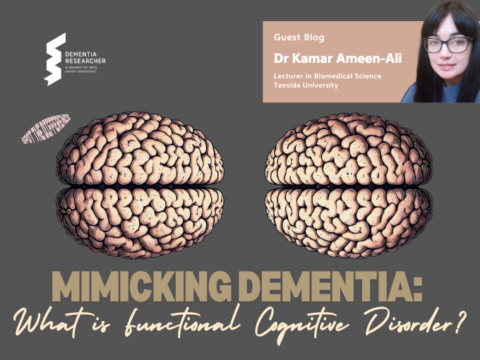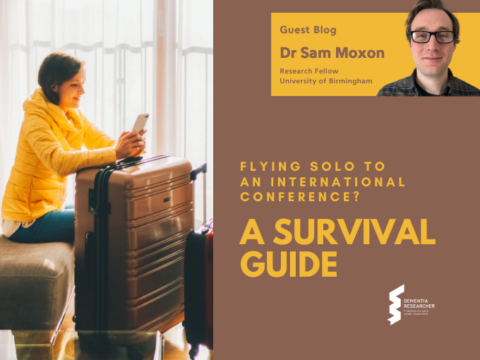Some of the most powerful outcomes of therapy when working with people with dementia and their families have been their comments on the impact of the therapy, often given as throw away comments toward the end of a session. One memorable moment was a wife telling me, quite seriously, she was planning to divorce her husband until I made her realise he hadn’t become the selfish man she thought but that his language impairment made it feel that way sometimes. Once she understood how to communicate with him, their relationship improved. Another was from a husband who told me I’d helped him see he was the foundation for communication now. He felt he needed the skills to underpin and scaffold interaction and with my help he realised he had the skills and he could do it. This week someone told me I’d help him get humour back into his relationship with his wife.
Yet somehow I don’t feel that the research outcomes we use have quite captured this to date. We measure language on formal tests and collect discourse samples or picture descriptions. The rating scales I use in my studies ask people and their partners to rate domains of quality of life on a numerical scale. They are asked to rate their confidence in going to the bank and watching television. They may be asked about the impact of their difficulties as well as the burden and the stress of their difficulties. Often these don’t seem directly related to what we worked on, nor their actual lives. There are many things that affect confidence, and increase the daily burden of living with someone with dementia. But do these measures really prove that therapy doesn’t or does works?

Photo by Ross Findon on Unsplash
Perhaps it is the way we use the measures rather than the measure itself. The holy grail of intervention research is the randomised controlled trial. Yet the qualitative feedback I describe is not considered rigorous enough to warrant use as a measure on such a trial. Single case studies or groups studies followed by focus groups are considered more suitable for complex intervention research. And I am inclined to agree. Despite this many of these studies may not be considered as systematically thorough or unbiased. Thus they do not have the same influence on standards of care and guidelines for practice, nor on commissioners.
This is incredibly frustrating. There is no doubt that social interaction provides a quality of life worth living for. And the speech and language therapy interventions we develop and deliver are an important and valuable component of maintaining this interaction, especially for those with language led dementia’s, or with language and communication as a secondary symptom of dementia, in other words most people with dementia. The recent evidence from the COVID-19 pandemic only underlined this. Not only are there more people with dementia contracting and dying of the virus, but the impact has meant people with dementia are isolated from cognitive stimulation and interaction with their loved ones. The Alzheimer’s society reports indicate that this isolation is resulting in cognitive deterioration and increased mortality. This has been observed both where people are living in nursing or residential facilities or at home. One of my colleagues described it as though her patients were dying of loneliness.
Perhaps it is not ethical to properly measure the impact of social and interactional interventions, to deny this in one arm of a trial and deliver it in another. Perhaps COVID-19 has provided the best RCT- those without it have died of loneliness.
Author
Dr Anna Volkmer is a Speech and Language Therapist and researcher in Language and Cognition, Department of Psychology and Language Sciences, University College London. Anna is researching Speech and language therapy interventions in language led dementia and was once voted scariest speech and language therapist (even her children agree).

 Print This Post
Print This Post




